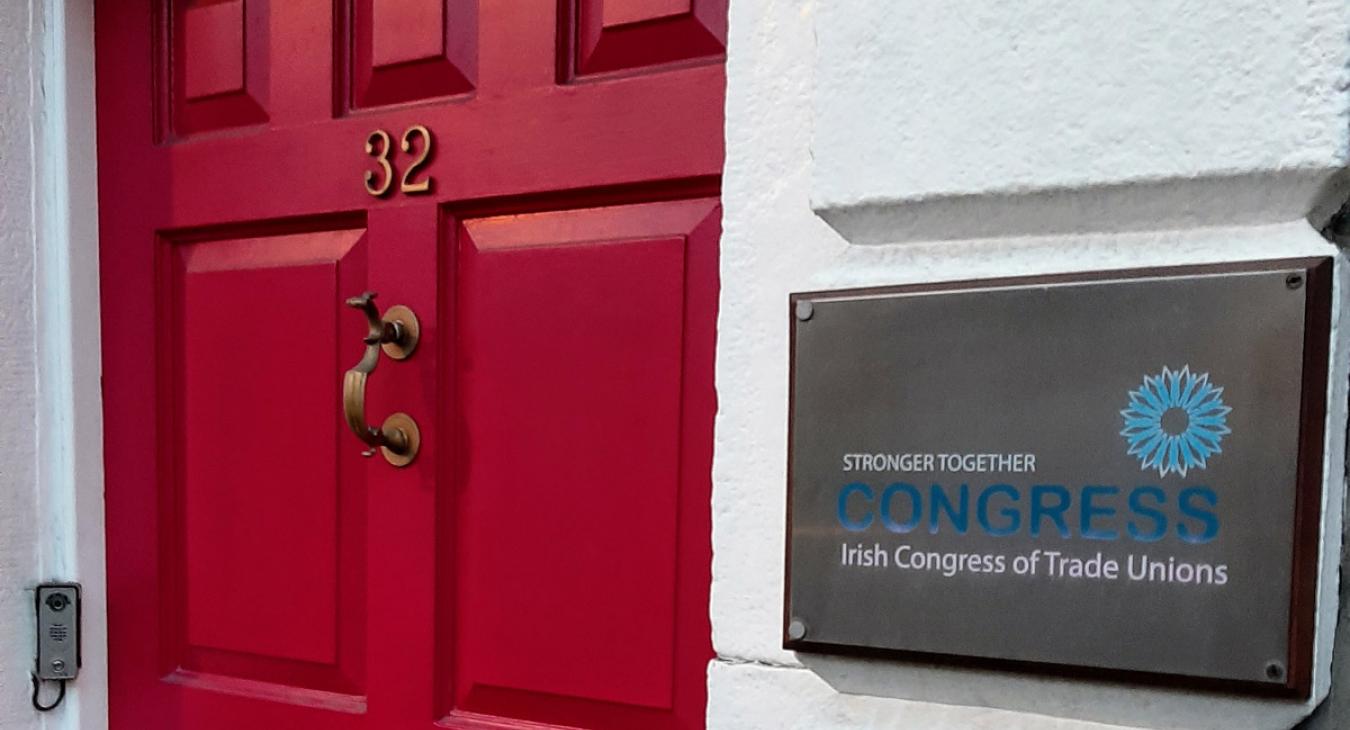The Irish Congress of Trade Unions has warned of "a growing wage gap that will inevitably lead to a rise in wider inequality" following publication of its annual survey of executive pay levels in the private sector Because We"re Worth It: The Truth About CEO Pay in Ireland.
The annual survey - first published in 2017 – examines the remuneration for chief executives in 20 of the largest companies listed on the Irish Stock Exchange, along with CEO pay at the 12 largest commercial state companies.
The latest study has exposed extraordinary pay differentials between top CEO pay and average earnings. In some instances, the study shows that it would people on average earnings up to 270 years to earn what the CEO of some companies make in one year.
The report also reveals pay increases for some chief executives of up to 100%, between 2015 and 2016 and along with a near doubling of cash bonuses for some.
According to one the report's authors, Dr Peter Rigney: 'the Congress study clearly has significant implications for wider Irish society, given the enormous disparity it reveals between senior executive pay and average earnings. In our view, if this trend is left unchecked it will inevitably lead to greater levels of inequality across society.
'to that end we need to see greater transparency and accountability around senior executive pay and remuneration packages.
"Overall, the debate around corporate pay is part of a wider debate around corporate governance, an issue on which Ireland generally lags behind other EU countries.
"In addition, there is also the issue of pay and performance and we have yet to see conclusive evidence of a direct causal link between high CEO pay and company performance," Dr Rigney said.
"Indeed some studies warn that high and exorbitant levels of pay at senior levels can lead to lower productivity, perverse incentives and a focus on short-term indicators."
The Congress study also looks at the issue of gender diversity at senior level and finds that 'three out of the four companies having no women on their boards are London based. Some of the companies (in the report) have noted that they are not bound by London codes of practice because they are Irish registered.
"If this is a regulatory gap it needs to be closed. This is a matter for government, for the stock exchanges and for fund managers," the Congress report notes.
The report was compiled by Dr Peter Rigney and Eileen Sweeney.

